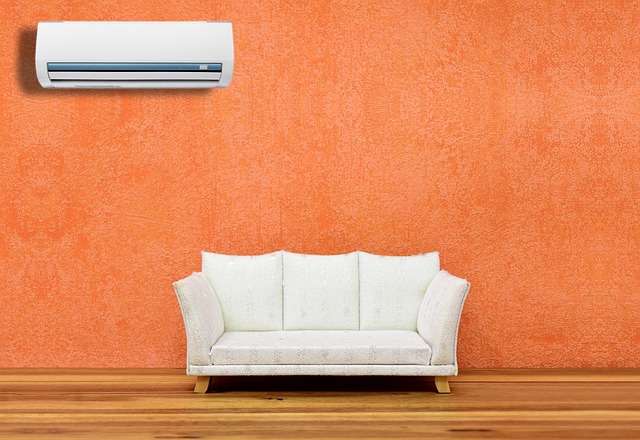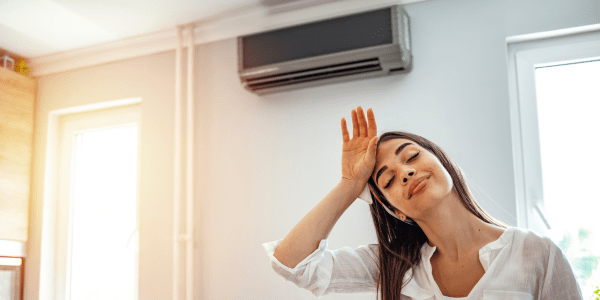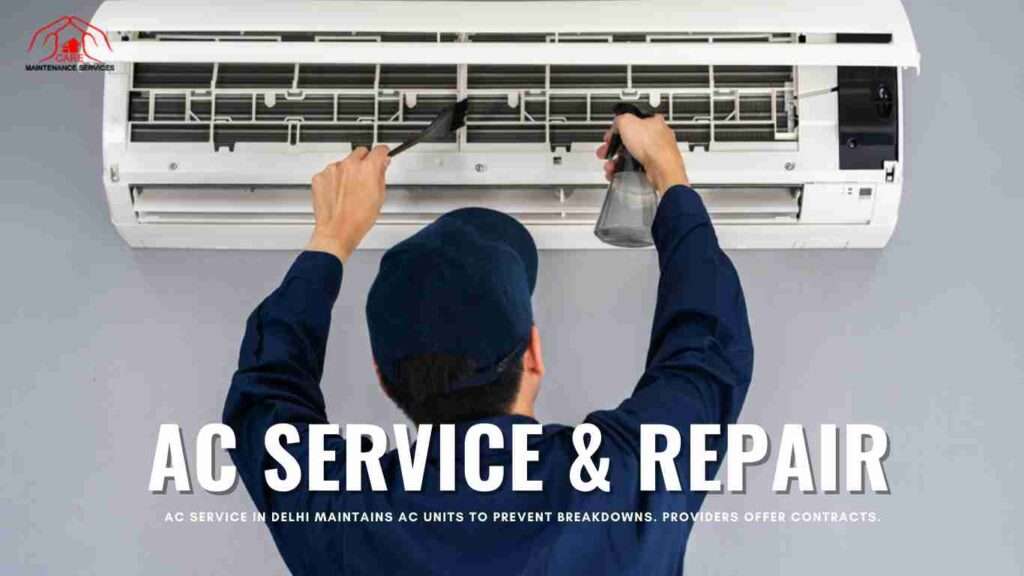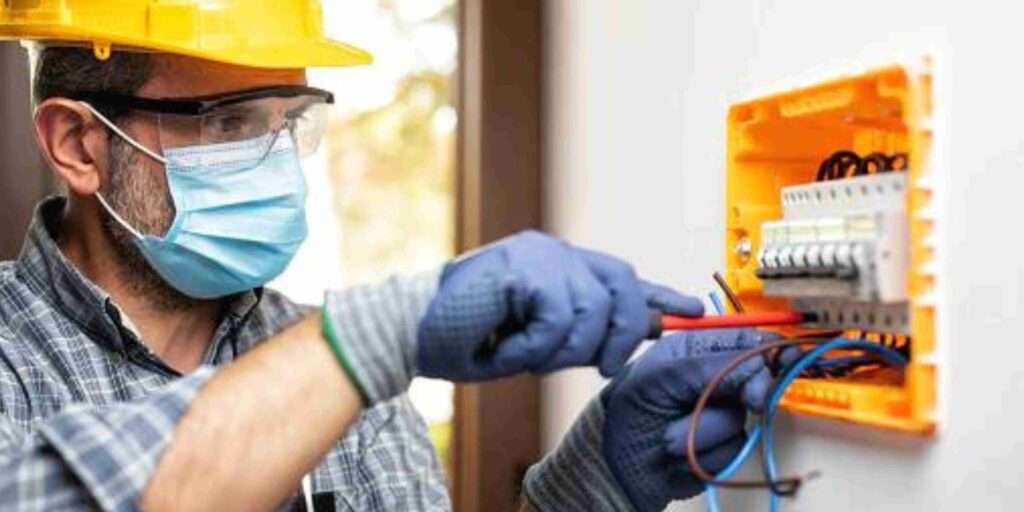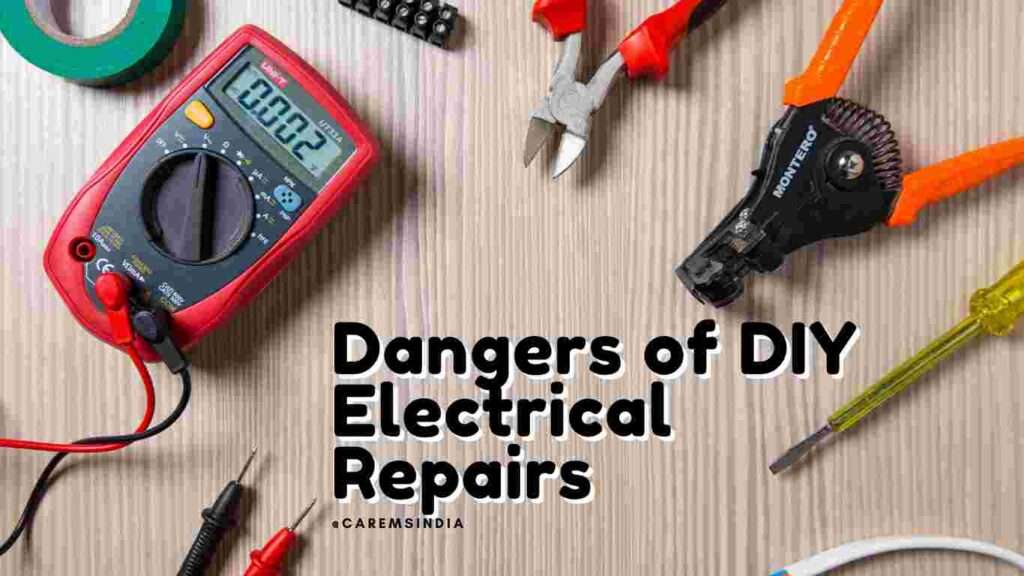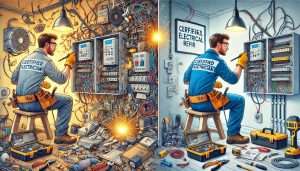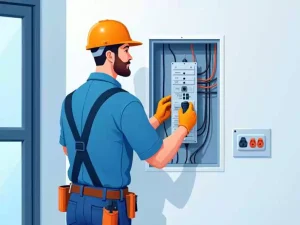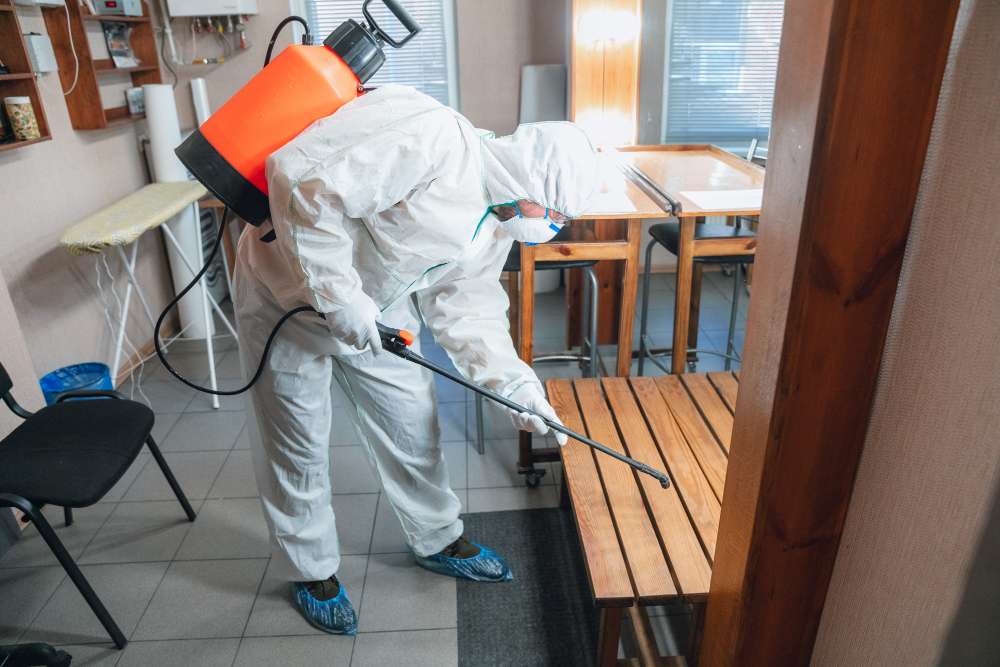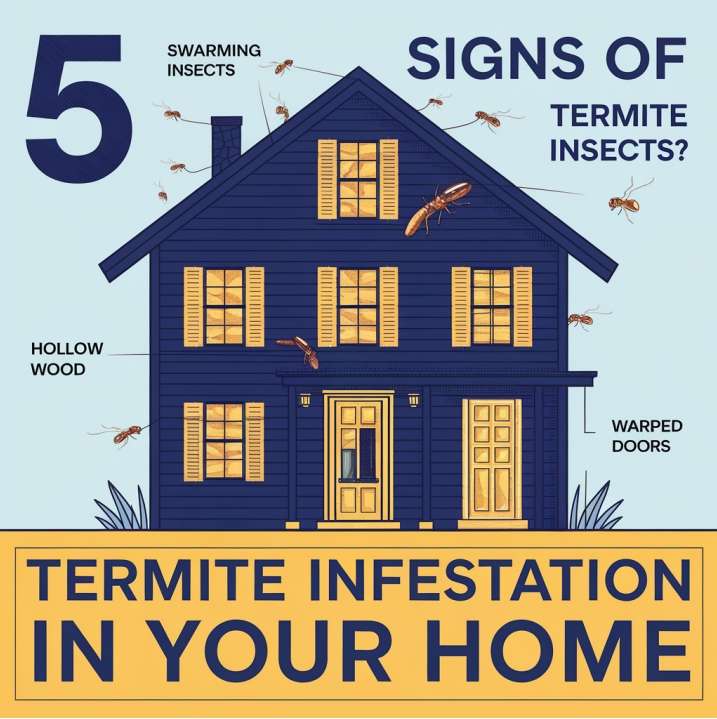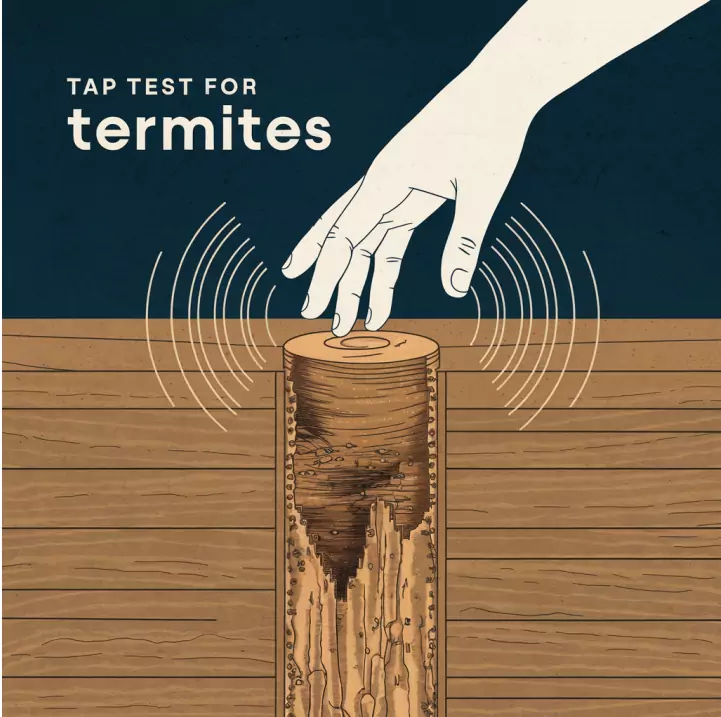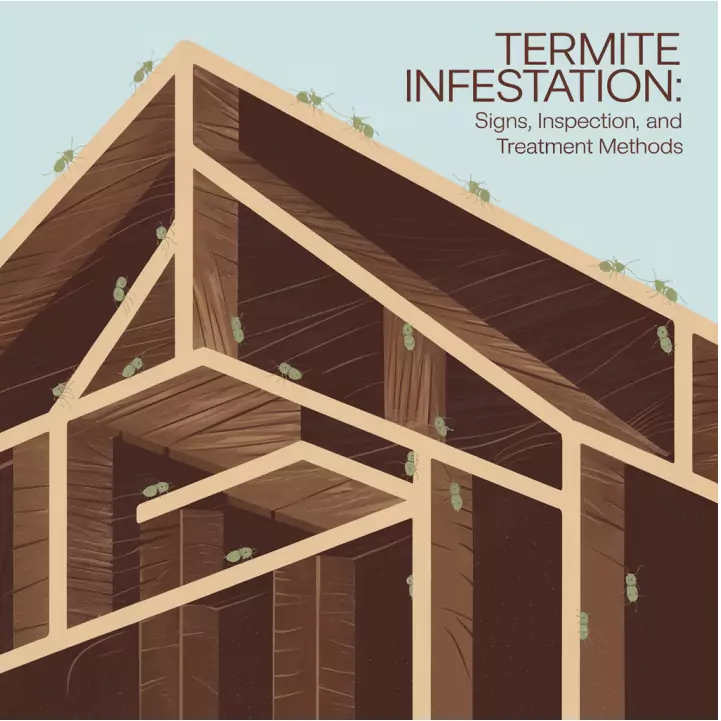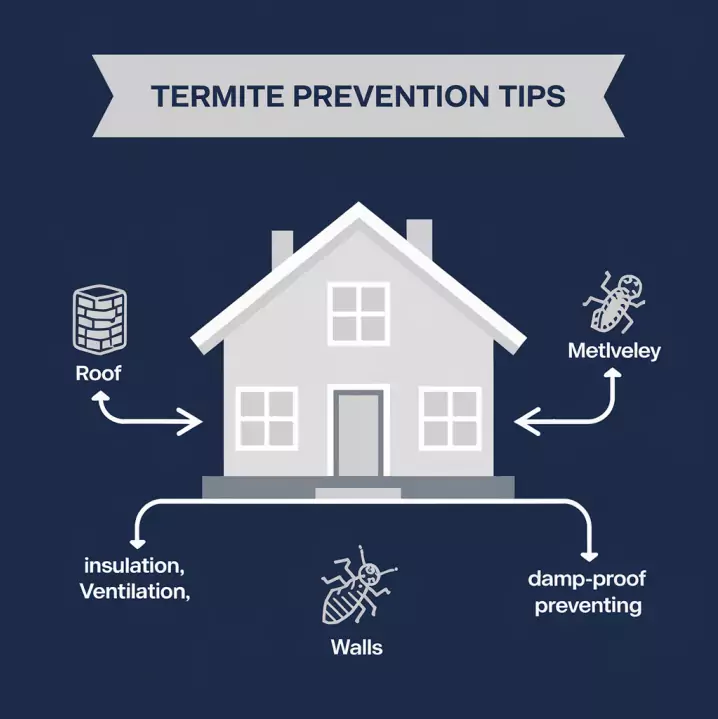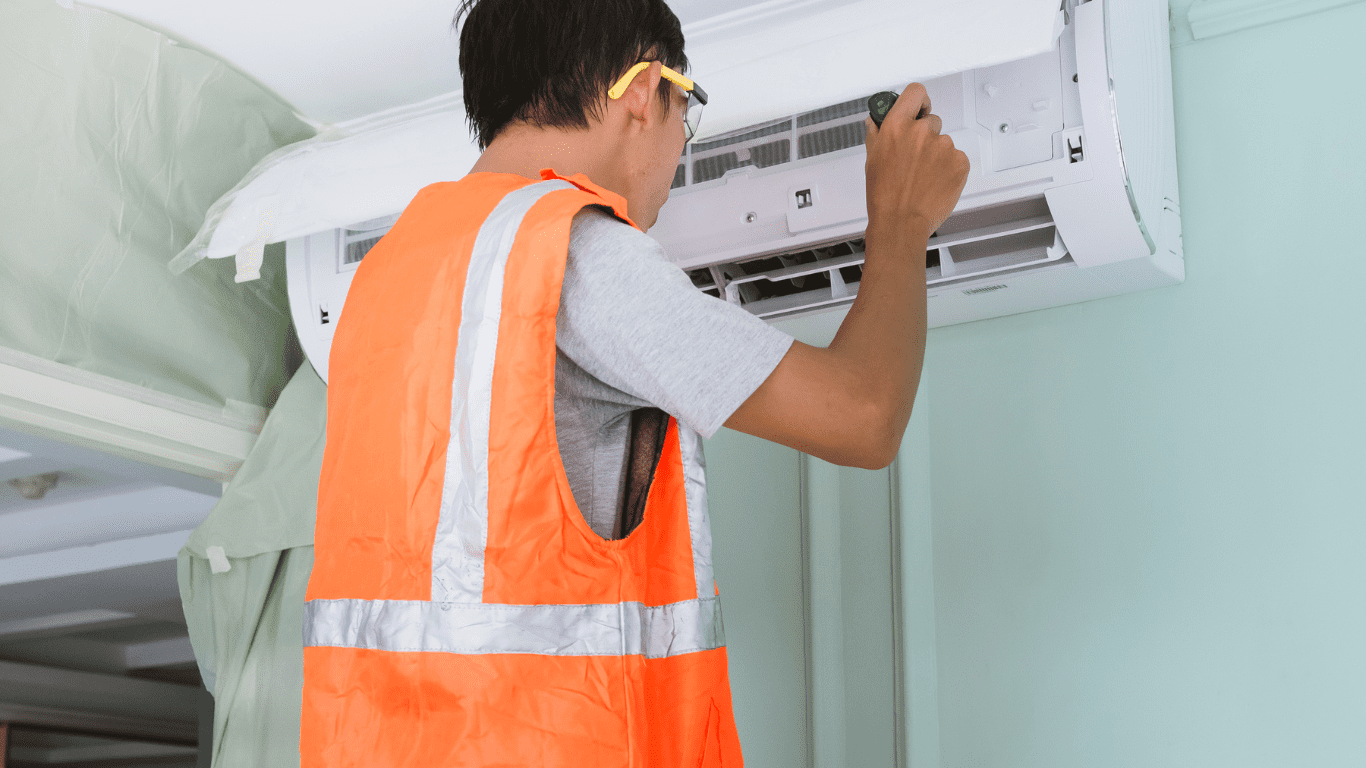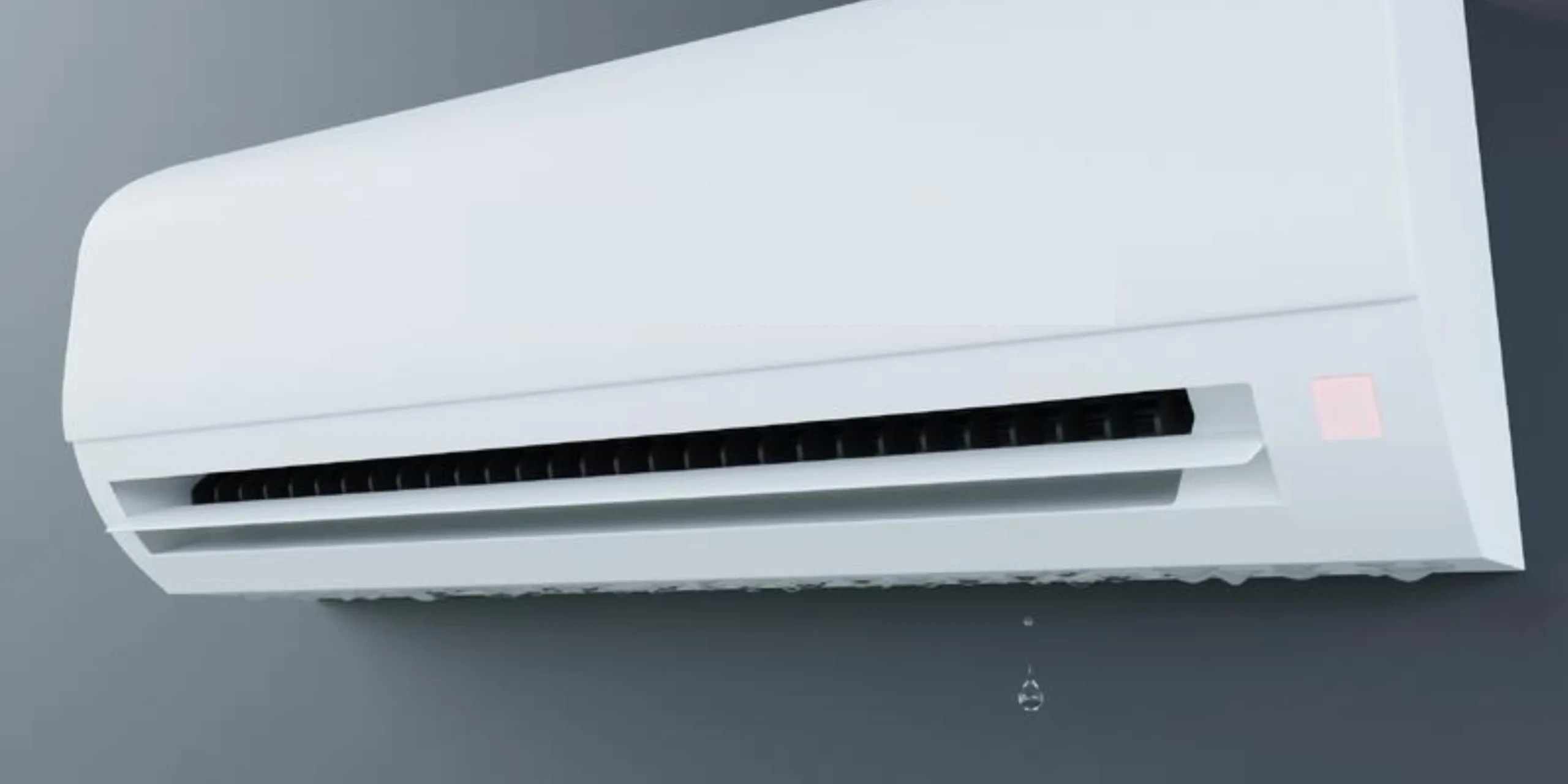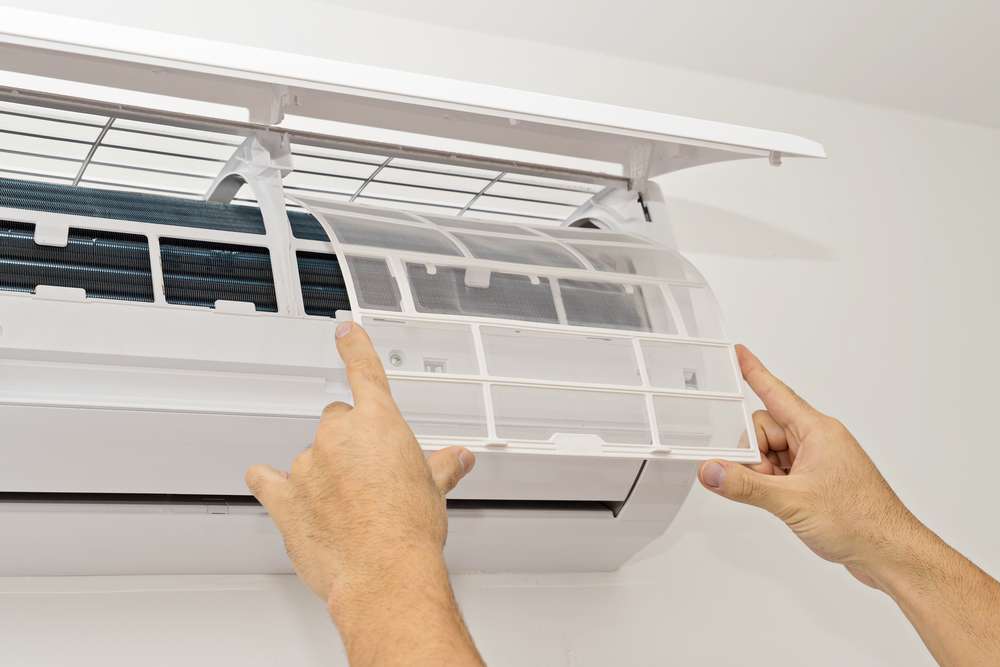Why Regular AC Repair and Service is Your Ticket to Cool Comfort and Savings
Hi everyone! I’m an HVAC professional with years of experience and I advise and emphasize how important proper maintenance of your AC is. Just by keeping your home cool, you can also save yourself a lot of money and even get rid of headaches in the future. So get ready, and let’s discuss why your AC needs some tender loving care. In this article, we will get into knowing why AC Repair and Service is crucial for maintaining the efficiency and longevity of your cooling system.
1. The Cool Benefits of AC Maintenance
Boost The Energy Efficiency
Just think of your AC as a marathon runner. Without practicing (in our case, maintaining), it’s going to be out of breath and will use more energy than necessary. I always come across the situation where the air conditioning unit has been overworked for a long time and is continuously consuming electricity this way. However, we can ensure the performance and longevity of your unit through the regular maintenance that we offer. I guarantee you will have more money in your wallet!
Extend Your AC’s Lifespan
Even a normal replacement is not going to be cheap that’s why I always say that through regular maintenance, you offer a fountain of youth to your AC. This means we can catch little issues before they turn into large problems and the unnecessary cost of repairs. I have personally witnessed many property owners who have gone from a lifespan of five to ten years in using their cooling systems because they stuck to a regular service schedule. This is mainly a matter of prevention, my friends!
Breathe Easier with Better Air Quality
This is something that most of us fail to consider. Your AC is not just a cooling device; it also cleans the air in your home. Over time, the filters become full of all sorts of yucky stuff. We at Carems have seen the poor-performing filters that look like they’ve gone through a dust storm! Constantly replacing or cleaning these filters means not only are you being kept cool but are also breathing in cleaner air since it has been filtered. It is most important, especially for those who suffer from allergies or respiratory problems.
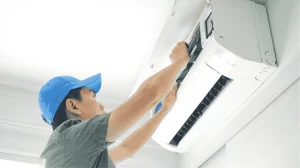
2. Why You Need a Pro for Your AC Repair and Service
I get it. You might be eager to handle the maintenance of your air conditioner by yourself, right? But let me give you a good reason why hiring professionals is better:
We’ve Got the Eagle Eye
When I maintain an air conditioning unit, I don’t just give it a quick look over. I instead conduct a thorough analysis of all components of the system, both inside and outside of it. The thing is there are loads of things going on in these units that an inexperienced person may not recognize. A great percentage of times, I can easily find the smallest error that can lead to a more serious breakdown.
We’re Problem-Solving Ninjas
AC systems are one of those rare species that can appear as a simple fix when in fact, they are a symptom of a larger issue. Our long-standing career in this industry has allowed us to make fast and accurate diagnoses of mechanical failures. We do not only deal with repairing worn-out parts; we also perform the tasks of preventing future potential issues by our service, as the professionals that we are.
We Keep Up with the Latest and Greatest
The HVAC business is always changing with new technologies and efficient systems getting into the market. As the HVAC pros, we are always on top of these changes. With that, we are able to service even the high-end advanced systems around and we can also advise you on the best means to keep your system in prime condition.
Common FAQs About AC Repair and Service
So, let me answer the questions that come up most of the time regarding the AC Repair and Service:
How Often Should I Get My AC Repaired and Serviced?
At least, once a year is the recommendation I make, if not more before summer kicks in would be better. However, if your system is old and used 24/7, two times a year will be the best choice. It is like visiting a doctor. It’s better to go for visit after visit than get treatment only after the illness has appeared!
Can I Do Some AC Maintenance Myself?
Most definitely! This is one of the few do-it-yourself chores that you can and should do. Filtering the air regularly is an example of this. Of course, we are the people to do the complex tasks, and we are the ones who have the tools and knowledge to do it safely and efficiently.
How Can I Know If My AC Needs Servicing?
All ears over here. If you notice anything odd occurring or a foul smell, be sure to call the technician to have a look at it. Your AC is struggling to cool your home, or in some cases, there is a drastic reduction in your energy bill, is developed when you need to fix your AC with your AC conditioning. Before a complete breakdown, don’t hesitate to call a specialist. Early correction of AC is the way to go for It.
Is Professional AC Repair and Service Worth the Cost?
Be honest with me – professional service is not free. However, perceive it as an investment. The cash you spend on periodic maintenance might well become your savings on energy bills or expensive repairs that could crop up in the future. Furthermore, the sense of security due to the reliable condition of your AC? You can’t buy that at any price.
Can Regular Service Cut My Energy Bills?
Of course, it can! The reason is that a properly maintained AC operates at its highest efficiency level, consuming the least energy to cool the house. In some cases, I have known exact customers to make savings on summer energy bills of up to 15% through regular maintenance. It’s similar to a car oil change – the car will perform better and the oil consumption will reduce.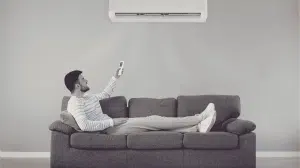
Conclusion: Why AC Repair and Service is a Cool Move
By taking care of their unit, air conditioning also becomes one of the ways people achieve their health goal of staying cool and comfortable. You got it. Air conditioner work isn’t limited to just cooling off the house; it is responsible for maintaining good air quality. Throw in with the clogged filters over time and your running cost will be quite a bit higher. I’ve seen the filters that are covered so thickly as if they went through sandstorms! Periodic changes or cleaning of the air filters are not only the cool that you need but you can also breathe more quality air that will have fewer health issues. This is particularly important if you have a history of respiratory or allergy ailments.
The biggest results you will get if you start your care on time. It is said that prevention is better and less expensive than treatment. So, watch over your AC units today. Soon you will really be very grateful to yourself when you are experiencing a relaxed, energy-efficient, and healthy summer at home.
Remember, when it comes to AC Repair and Service, prevention is cheaper and healthier. Therefore, why don’t you call Care Maintenance Services Pvt.Ltd to come and do a check for you? In the near future, you will be glad you took this step when your home is cool and comfortable all summer!


